


The big secret to finding that exact flavor you're after, that big punch-in-the-mouth feel, is dialing in your grind. For a basic rule-of-thumb, a coarser grind makes for a lighter, fluffier coffee, and a finer grind makes for a more intense, flavorful espresso. Check out the video on the right for more info.
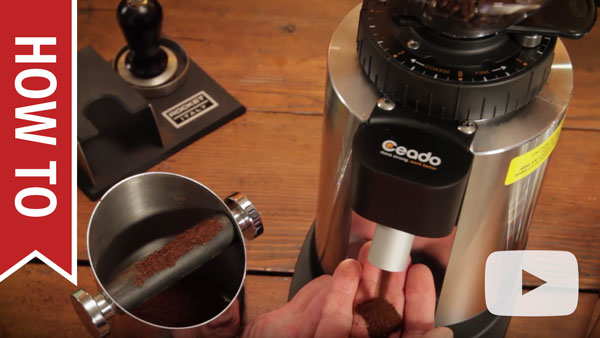
How To: Basic Espresso Technique - Dialing in Grind Size
For more control, you'll want to know about how brew ratios and weighing your shots can help you keep a recipe so you can repeat your favorite results. Brew rations and weighing take all the guesswork out of the process so you always know what you're going to get.
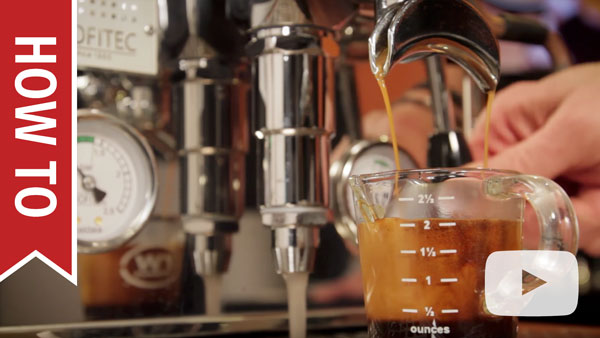
How To: Basic Espresso Technique - Brew Ratios & Weight
If you like cappuccinos, lattes, Flat Whites, and other milk drinks, you're gonna need to know how to froth.
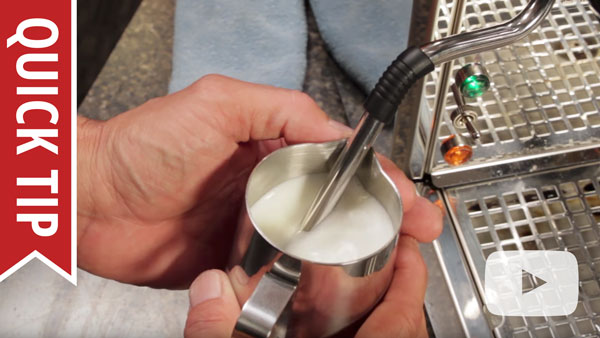
Milk Frothing for Beginners
For a few quick tips to improve your frothing technique, check out the video on the right. You'll learn a few tricks to make your drinks even better.
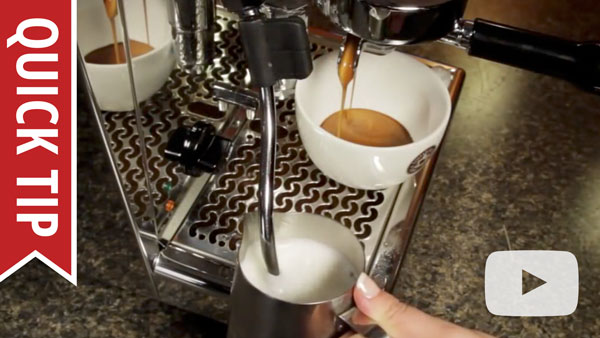
Quick Tip: Five Basic Tips for Frothing Milk
Frothing can be a delicate process. There's a number of mistakes you can make that really bring down the quality of your drinks. Check out the video on the right to learn some easy things you can avoid going forward.

Quick Tip: Six Common Milk Frothing Mistakes
The literal sweet spot for steaming milk falls between 140°F and 155°F, with smaller drinks on the lower end and larger drinks on the higher end. A quick rule-of-thumb we follow is to steam just until the frothing pitcher becomes a little too hot to hold comfortably.
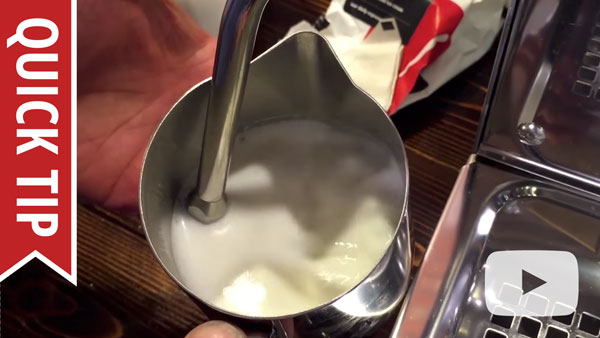
What is the Best Temperature for Latte Milk?
If you're using a thermometer, you'll want to learn about lag time and how to read a frothing thermometer to correctly gauge the steaming process.
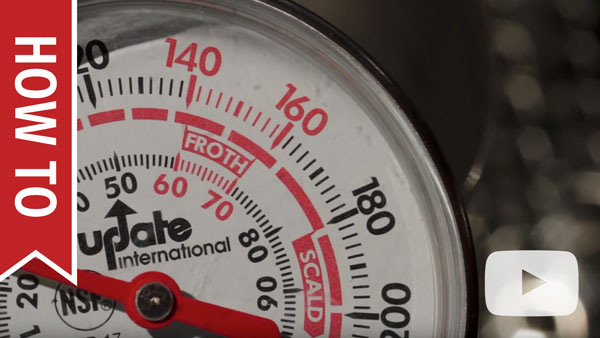
How to Use a Thermometer When Frothing Milk for Latte and Cappuccino